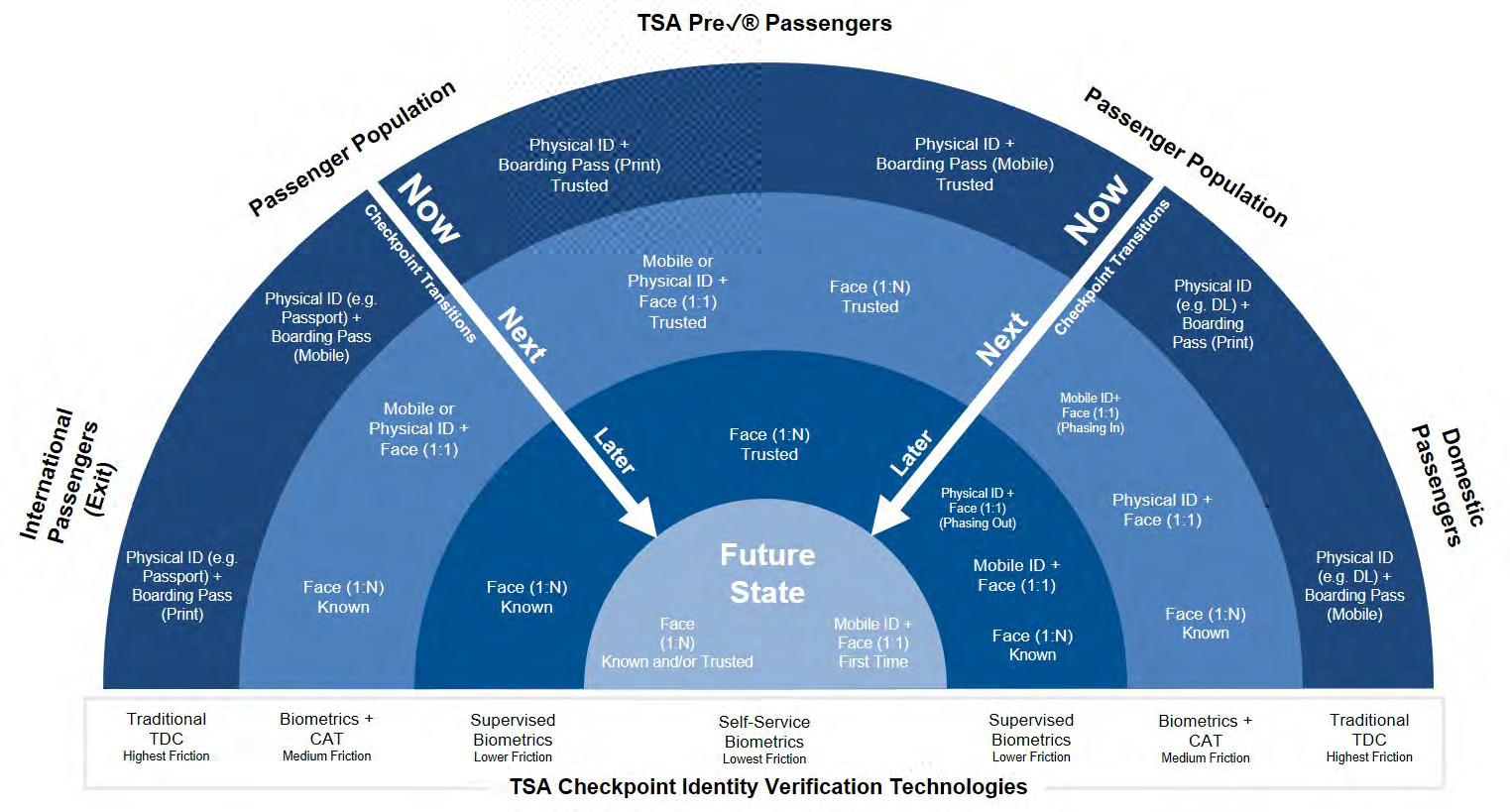Greyhound withdraws consent to warrantless searches
Just a week after the publication of a memo from the U.S. Border Patrol confirming that it’s up to bus companies to decide whether to allow law enforcement officers onto their buses to search and/or question passengers, Greyhound has yielded to longstanding pressure and agreed to withdraw its consent for warrantless bus boardings by police.
According to the Associated Press:
In an emailed statement, the company said it would notify the Department of Homeland Security that it does not consent to unwarranted searches on its buses or in areas of terminals that are not open to the public — such as company offices or any areas a person needs a ticket to access.
Greyhound said it would provide its drivers and bus station employees updated training regarding the new policy, and that it would place stickers on all its buses clearly stating that it does not consent to the searches.
It’s clearly established law that warrantless dragnet searches or entries to private property require consent. So Border Patrol agents or other DHS law enforcement officers who disregard the new stickers and board buses without consent risk personal liability.
Greyhound has now (finally) done the right thing. Other common carriers including bus and rail operators and airlines can and should do likewise, without further delay.

